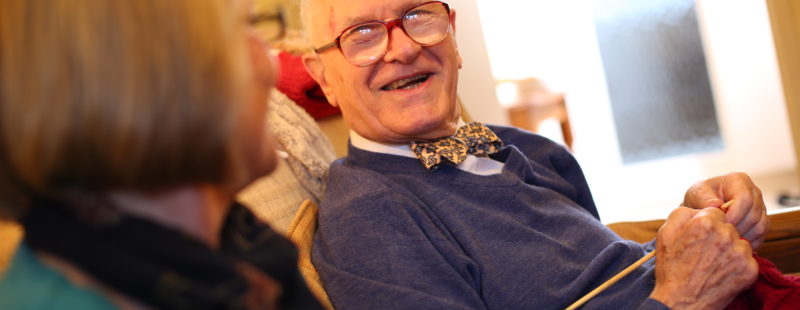Following the launch of the ‘Open Arms: The Role of Pubs in Tackling Loneliness’ Report published by Loughborough University, we reflect on why – when lockdown ends – pubs can play a key role in becoming community hubs tackling loneliness and social isolation.
Pubs can play a role as community hubs
The impacts of the last year are being felt across the UK with a rise in the number of people of all ages, from all backgrounds, reporting increased feelings of loneliness. This has been amplified further in those who already felt lonely pre-Covid.
The research for this report was carried out before Covid hit. When we launched our research, little did we know that in a short space of time, people across the country would be placed into lockdowns and vital community spaces closed!
Pubs are a key part of community infrastructure alongside cafes, libraries, shops and community centres. For centuries, they have provided a meeting space and opportunities for social contact and companionship.
This research, carried out across the UK in rural, suburban and urban areas, aimed to build on our understanding of how exactly pubs can use their place in our social life to tackle loneliness.
What we learned
Pubs have a great opportunity to bring people together to socialise across age groups, and social backgrounds, creating valued and meaningful connections and reducing feelings of isolation and loneliness.
Pubs are important places encouraging vital social connections and interactions, but they are not always catering for all in their communities. Likewise, their position in already helping those who feel lonely is important and not currently being given adequate recognition.
“We believe that creating a space that works for all is vital.”
Barriers to access
Going to a pub – particularly for the older generations we spoke to – is not necessarily about drinking alcohol. They often sited it just as somewhere to go for a cuppa or for a meal.
However, we found that practical reasons can be a barrier – especially for older people. This included: a lack of transport, furniture restricting space for movement for those with mobility aids or wheelchairs, soft lighting an issue for the visually impaired and loud music off-putting for the hearing impaired.
Older people also highlighted avoiding pubs later in the day, with loud music, swearing and “a change in atmosphere” something of a concern.
An important finding to note was that pubs did not necessarily always felt as welcoming for people from ethnic communities. This is definitely something that needs to be understood better in order to make pubs inclusive spaces for all.
A friendly face
Staff play a very important role in making customers feel welcome with skilled and experienced staff helping to forge social interactions and links that may not otherwise occur.
Pub chains should work together in the future to ensure that those working in hospitality are encouraged to further develop their skills and expertise in identifying, welcoming and supporting those at risk of loneliness, playing a vital role within their local communities.
This should be forged through collaborations with local community groups and connections with national charities working in the field of loneliness.
Activities for all
The best examples of pubs playing a vital social role within their communities tended to be those that catered for all ages and made customers feel valued and welcome. Those providing activities and events such as quizzes, bingo, board games and providing time and space for groups to meet up are all positive measures creating opportunities for social interaction.
Music was another key point highlighted by older people – with some lamenting the decline in singing around a piano – so venues that provide live music catering for all ages creates an appealing environment (as long as audio levels are not too loud!).
Design in change
We believe that creating a space that works for all is vital. There is a real opportunity for pubs to consider and literally ‘design–out’ loneliness and ‘design in’ social interaction.
Over 25 per cent of pubs across the UK have closed since 2001 and many more face an uncertain future post–Covid.
Those that do reopen their doors have the opportunity to make their venues accessible to all, playing a pivotal part in their local communities moving forward, helping fight the loneliness epidemic across the UK.
Reference
‘Open Arms: The Role of Pubs in Tackling Loneliness’ was commissioned by research partners the Campaign to End Loneliness, Heineken UK and Pub Is The Hub. Research was carried out by Dr Thomas Thurnell-Read, a senior lecturer in sociology at Loughborough University.



.png)


No comments on this article yet. Please feel free to submit a comment below.
By submitting a comment you grant Campaign to End Loneliness a perpetual license to reproduce your words and name/web site in attribution. Inappropriate and irrelevant comments will be removed at an admin's discretion. Your email is used for verification purposes only, it will never be shared.